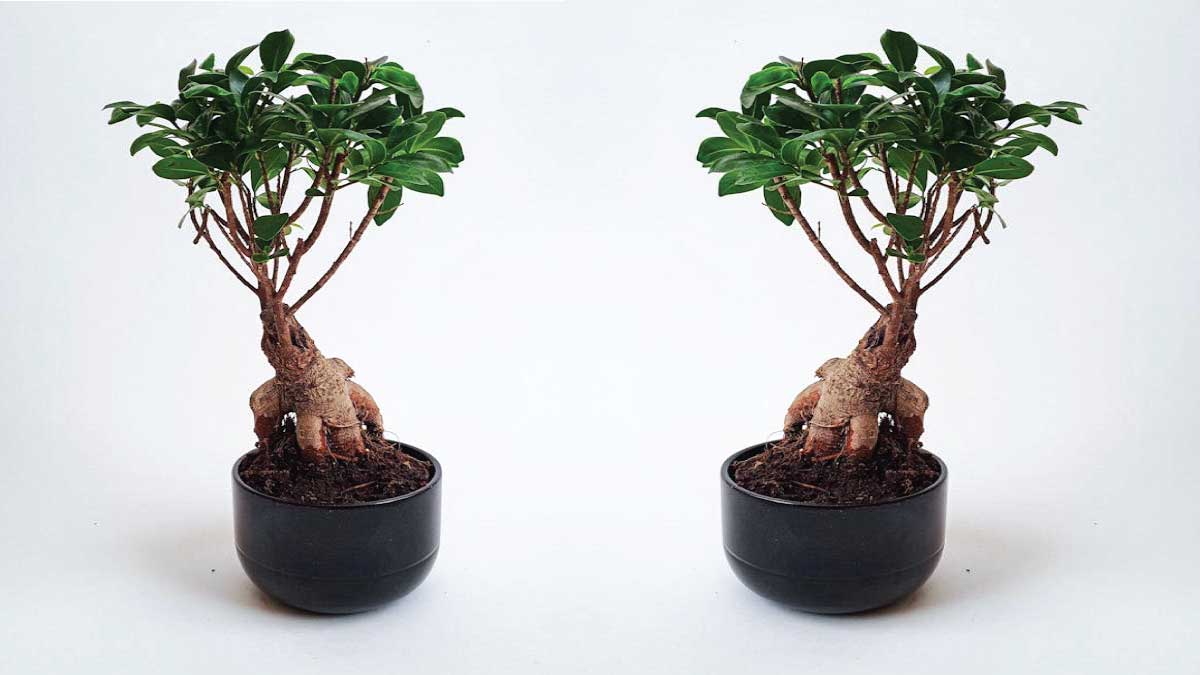In Urdu, Ginseng is called Ginseng (جنسنگ). The term Ginseng refers to a well-known herb celebrated for its health benefits, particularly its role in boosting energy and enhancing overall well-being. In Urdu-speaking regions, Ginseng is valued for its traditional uses in improving vitality and supporting immune health.”
Introduction to Ginseng in Urdu
Ginseng, known as Ginseng (جنسنگ) in Urdu, is a renowned herb with a rich history of use in traditional medicine across various cultures. Originating from Asia, Ginseng has been used for centuries for its reputed health benefits. In Urdu-speaking regions, it is prized for its ability to enhance vitality, improve energy levels, and support overall well-being. The herb is commonly used in both medicinal and wellness practices, reflecting its importance in traditional health systems.
What is Ginseng in Urdu?
In Urdu, Ginseng is referred to as Ginseng (جنسنگ). This term identifies the herb known for its characteristic root and its use in traditional medicine. Ginseng is celebrated for its adaptogenic properties, which help the body adapt to stress and enhance mental and physical performance. The root of the Ginseng plant is the most valued part, used in various forms such as teas, capsules, and extracts. In Urdu-speaking cultures, Ginseng is often used to boost energy, improve cognitive function, and support immune health.
Ginseng in Different Languages
| Language | Name |
|---|---|
| Urdu | جنسنگ (Ginseng) |
| English | Ginseng |
| Hindi | जिनसेंग (Jinseng) |
| Arabic | جينسنغ (Jinsing) |
| Spanish | Ginseng |
How to Use Ginseng in Urdu Remedies
Ginseng is utilized in various traditional remedies in Urdu-speaking regions for its health benefits. Here are some common uses:
Energy Boost: Ginseng is frequently used to increase energy levels and combat fatigue. It is often consumed in the form of teas or supplements to help enhance physical endurance.
Cognitive Support: Ginseng is believed to support mental function and improve concentration. It is used in traditional remedies to enhance cognitive performance and reduce stress.
Immune System: Ginseng is valued for its potential to strengthen the immune system. It is used in herbal preparations to help the body fight off illnesses and infections.
Popular Uses of Ginseng
| Application | Use of Ginseng |
|---|---|
| Energy Boost | Taken as a tea or supplement to increase energy levels |
| Cognitive Support | Used to improve mental clarity and focus |
| Immune System | Consumed to enhance immune function |
Growing Ginseng at Home (جنسنگ کو گھر میں اُگانا)
Cultivating Ginseng at home requires specific conditions to ensure successful growth. Here are some tips for growing Ginseng:
Climate: Ginseng thrives in a temperate climate with a cool, shaded environment. It is best suited for regions with mild winters and moderate summers.
Soil: The plant prefers well-drained, acidic soil rich in organic matter. A soil pH between 4.5 and 6.0 is ideal for Ginseng cultivation.
Watering: Ginseng requires consistent moisture but does not tolerate waterlogged conditions. Ensure the soil is kept moist but not soggy.
Harvesting: Ginseng takes several years to mature. The roots are typically harvested after 4-6 years. They can be used fresh or dried for medicinal purposes.
Explore: Sage In Urdu
Cultural Importance of Ginseng in Urdu Tradition
In Urdu-speaking cultures, Ginseng holds cultural significance due to its traditional use in enhancing health and vitality. The herb is often included in natural remedies and wellness practices aimed at improving overall well-being. Ginseng’s role in traditional medicine reflects its esteemed place in promoting energy, cognitive function, and immune health. It is valued not only for its health benefits but also for its historical and cultural importance in traditional health systems.

